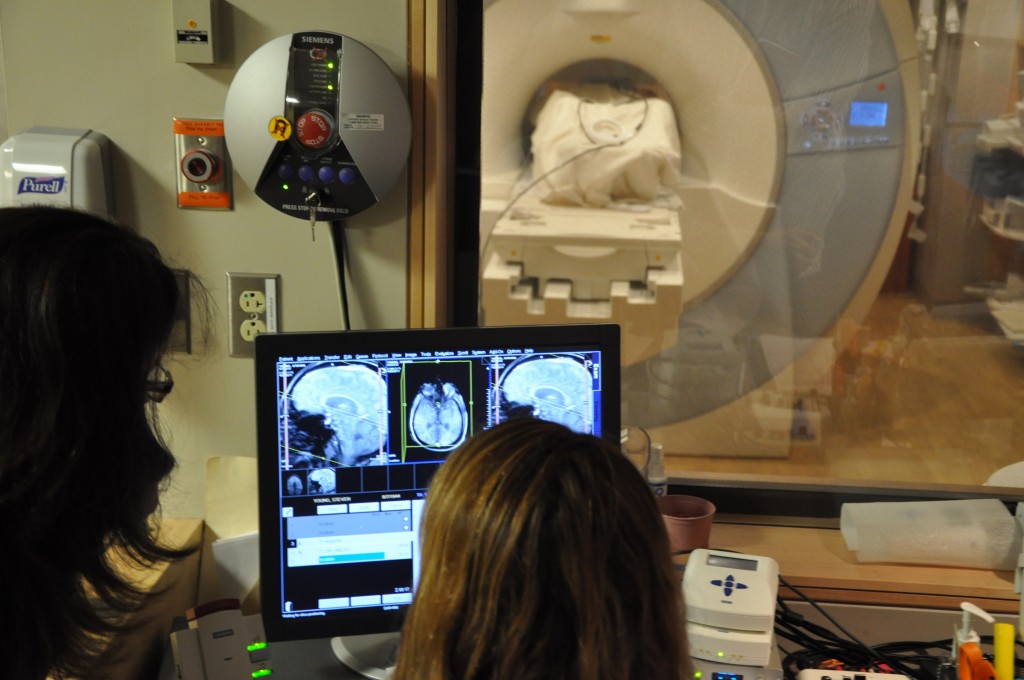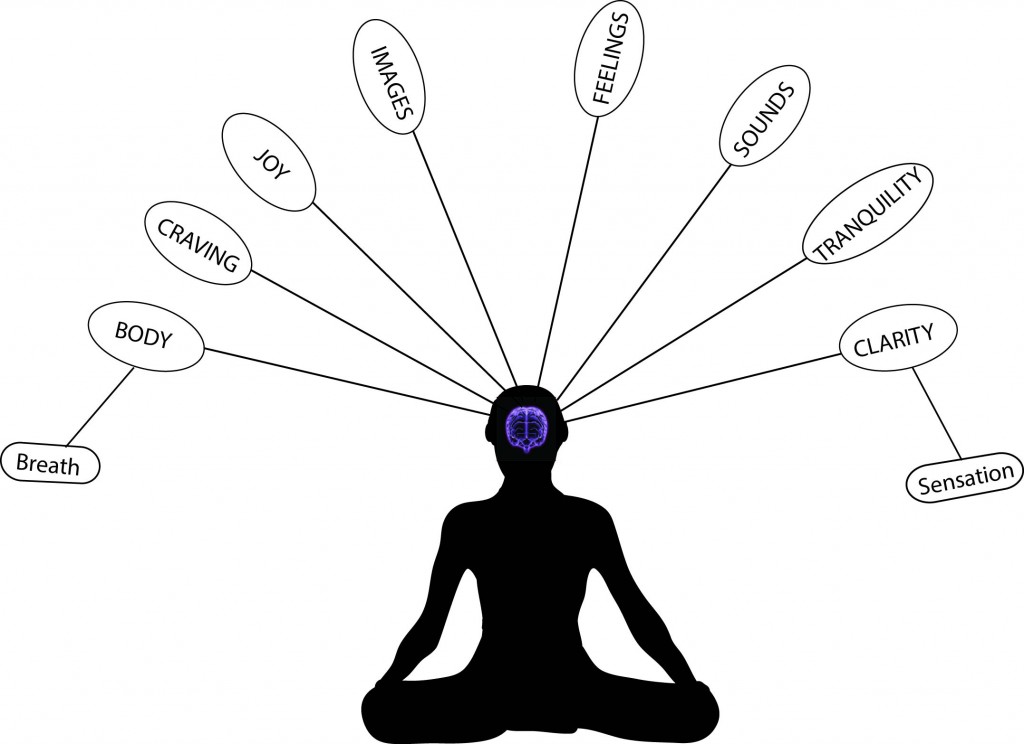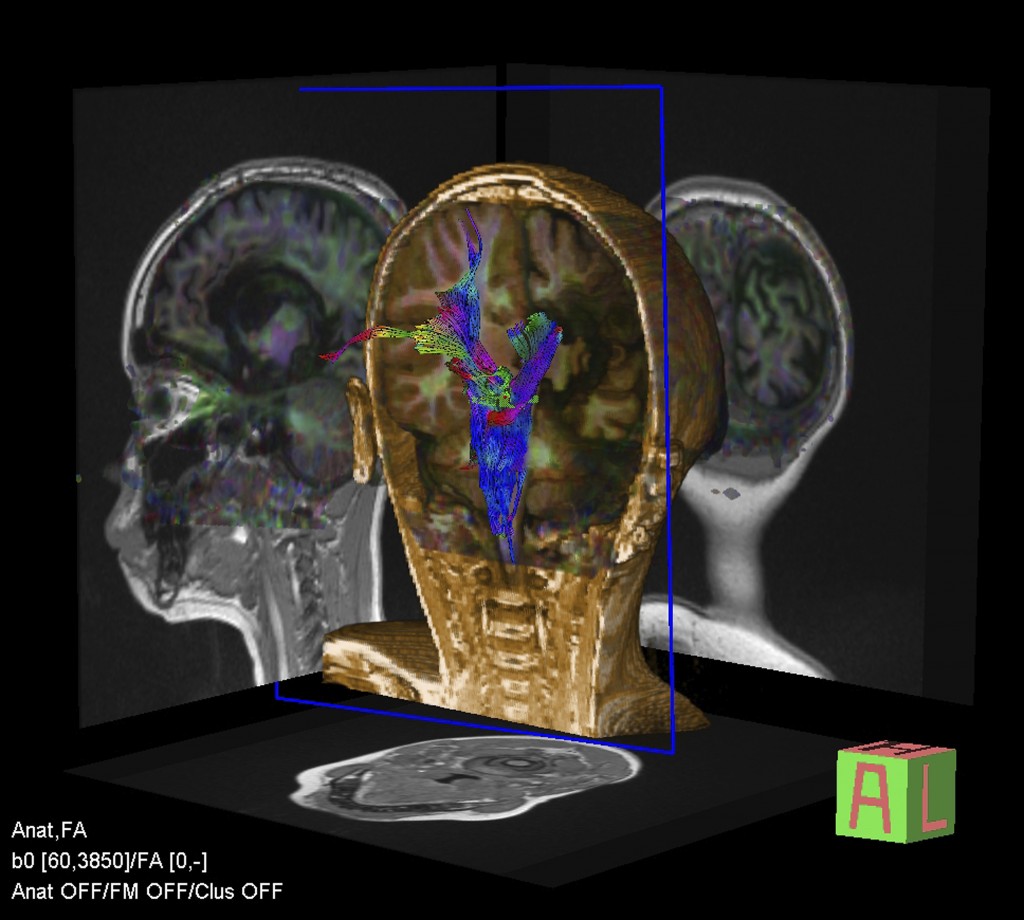The Basic Neuroscience of Mindfulness
In order to investigate the basic neural mechanisms by which mindfulness practices function David Vago and the FNL have created an integrative theoretical framework and systems-based neurobiological model that explains the mechanisms by which mindfulness reduces biases related to self-processing and creates a sustainable healthy mind. Mindfulness is described through systematic mental training that develops meta-awareness (self-awareness), an ability to effectively modulate one’s behavior (self-regulation), and a positive relationship between self and other that transcends self-focused needs and increases prosocial characteristics (self-transcendence) like empathy and altruistic behavior.
This framework of self-awareness, -regulation, and –transcendence (S-ART) illustrates a method for becoming aware of the conditions that cause (and remove) distortions or biases. This model is now published in a special issue of Frontiers in Human Neuroscience, [Link] and in the New York Academy of Sciences [Link]. Dr. Vago and his team within the FNL have created a research initiative, Mapping the Meditative Mind, to test his model across the spectrum of experience (with meditation) and tradition of training.

Mapping The Meditative Mind
Neurobiological Substrates Underlying Modalities of Awareness in Mindfulness Practice. This initial study proposes to investigate novice and expert practitioners across the spectrum of experience. The study aims to identify:
- neurobiological substrates of intrinsic brain activity in the context of distinct meditative states;
- capacity for iconic memory, an incidental measure of non-conscious visual memory. We will look at 5 modality-specific states of meditative tranquility that replace mental imagery, internal talk, viscerosomatic and emotional sensations with restful analogues. This study is a partnership with Buddhist teacher, Shinzen Young.

Clinical Applications and Optimization of Mindfulness
Mindfulness for Resilience
- Psychological resilience, in this context, refers to the ability for an individual to adaptively respond to stress and adversity. Ideally, we would like to understand how mindfulness skills can contribute to decreasing risk and improving resilience from symptom onset through remission and recovery across the spectrum of psychological disorders.
- Mindfulness Meditation Training will be explored as an augmentation approach to treating Major Depressive Disorder. The overall goal of this proposed study is to utilize functional neuroimaging techniques to characterize neural mechanisms associated with clinical improvement in patients with recurrent major depression with persistent residual symptoms following mindfulness-based cognitive therapy (MBCT).
- Mindfulness Meditation Training for Fibromyalgia and Chronic Pain. The Effects of Mindfulness Meditative Training on Impairments in Affect Regulation Associated with the Experience and Anticipation of Pain in Fibromyalgia Patients is explored.The goal of this project has been to investigate whether mindfulness meditative techniques are able to significantly decrease perceptual and cognitive biases and the dysregulation of affective states (i.e., anxiety, catastrophizing) associated with the experience and anticipation of pain in Fibromyalgia patients.
- Mindfulness Influences on Self-Regulation: Mental and Physical Health Implications. This study offers the ability to better understand whether self-regulation is a mechanism by which mindfulness interventions could influence medical regimens related to physical and mental health, and how best to engage self-regulation targets to translate into improve medical regimen adherence. It is a large collaboration between a number of research laboratories who are part of the Mindfulness Research Collaborative (including Sara Lazar, Willoughby Britton, Eric Loucks, Jean King, Carl Fulwiler, Judson Brewer, Zev Schuman-Olivier, Cathy Kerr, Liz Hoge, and Gaelle Desbordes)

Self Dysregulation in Neuropsychiatry
- Transference-based Psychotherapy for Borderline Personality Disorder – Frontolimbic Neural Circuit Changes in Emotional and Behavioral Processing Associated With Clinical Improvement Following Transference-Focused Psychotherapy in Borderline Personality Disorder
- Post-traumatic Stress Disorder
- Neural Predictors of Treatment Response
- Comparing neural substrates of emotional reactivity in individuals directly and indirectly exposed to trauma

Care for Caregivers
- Mindfulness for Psychiatry Residents – Examining Outcomes of psychiatry patients in response to Mindfulness training for Psychiatrists (in cooperation with the Harvard Divinity School)

Contemplative Education
- Health & Stress Evaluation of Young Adults – A long-term, Opportunistic Follow-up Assessment of Mind-Body Training in School Children. This study aims to investigate the potential long-term effects of exposure to mindfulness training during elementary school, on subsequent health attitudes, resilience to stress, and well-being as adults, and to provide pilot data for contemporary curriculum development aimed at integrating contemplative practices and skills development into K-12 education.

